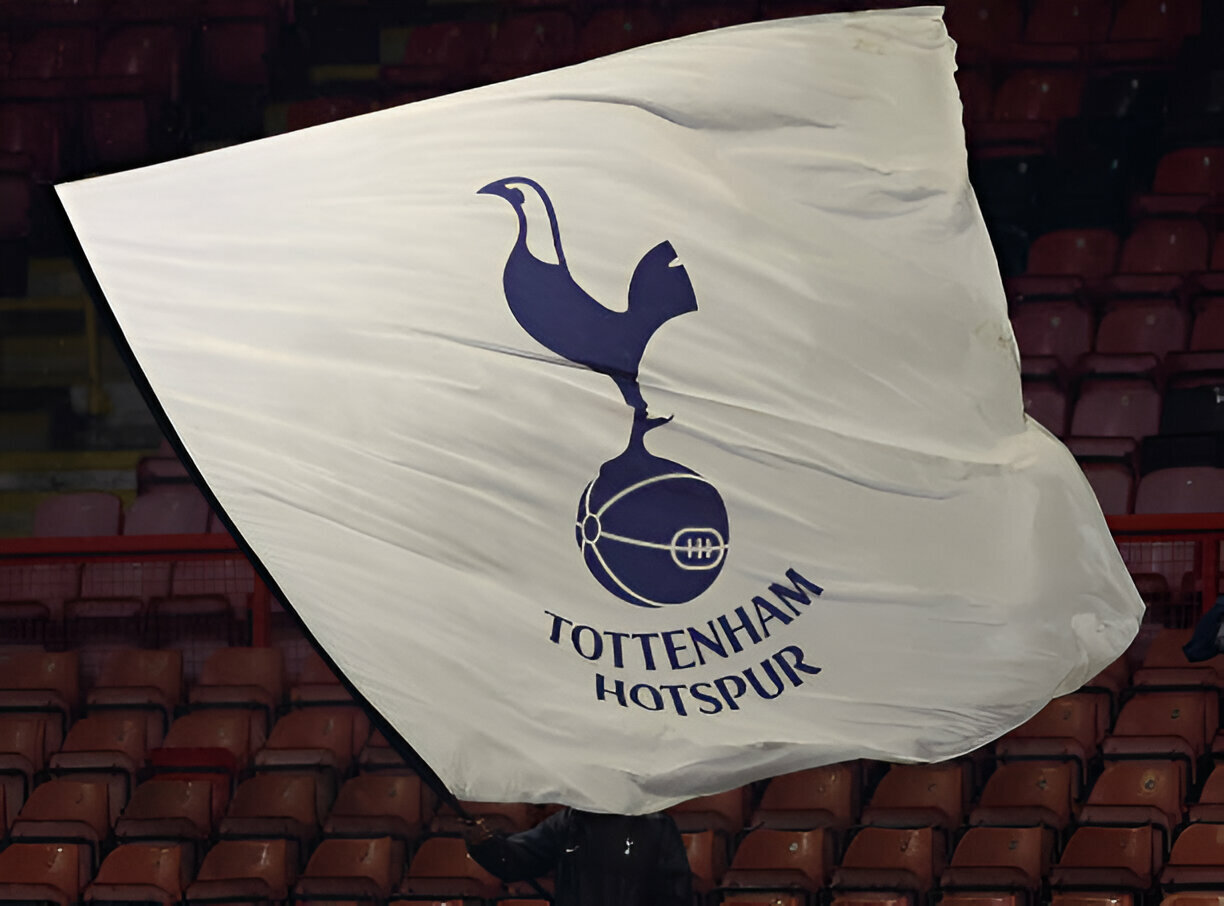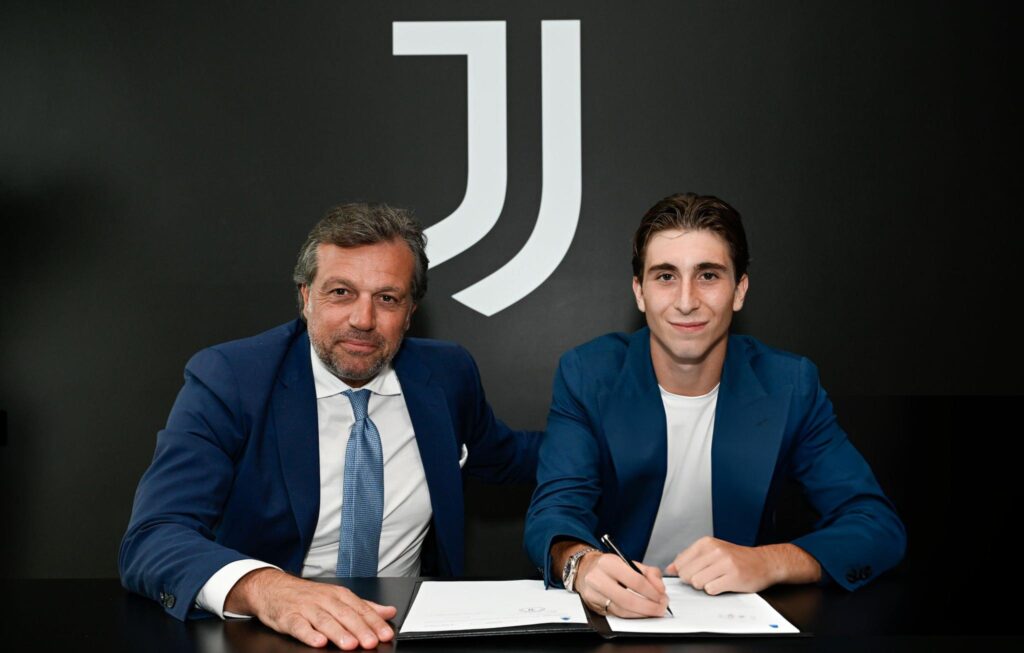Tottenham’s £320m Deal Under Threat Amid Major US Policy Shift

The long-term viability of one of Tottenham’s most significant commercial partnerships is now uncertain. Financial analysts often regard Spurs as the best-managed club in the Premier League, primarily due to their emphasis on sustainable growth rather than risky transfer market activities. This strategic approach aligns well with Profit and Sustainability Rules (formerly known as Financial Fair Play). However, recent developments in the political arena may jeopardize their lucrative deal with AIA, a financial services giant.
Sustainable Growth and Financial Prudence
Under the leadership of Daniel Levy, Tottenham has focused on generating revenue through matchday income and commercial deals rather than splurging on high-profile player acquisitions. This strategy has occasionally frustrated fans but has positioned the club favourably under current financial regulations. Matchday income and commercial revenue collectively contribute £356 million to the club’s finances, with the front-of-shirt sponsorship deal with AIA being a crucial component.
Potential Impact of UN Chief’s Proposal
According to a BBC report, United Nations Secretary-General António Guterres has proposed a comprehensive ban on advertising from oil and gas companies. Although this measure would not directly impact Spurs’ deal with AIA, it could trigger a broader industry shift affecting companies with significant investments in fossil fuels. AIA, which once held stakes worth around £2.4 billion in fossil fuel companies, has pledged to exit this market by 2028. However, their ongoing association with Spurs, the Premier League’s greenest club, presents a contradiction that could harm the club’s image.
Analyzing the Tottenham’s-AIA Partnership
Tottenham’s partnership with AIA began in the 2014-15 season, making it one of the longest-running commercial deals in the league. The current agreement, signed in 2019, is valued at £40 million annually, amounting to £320 million over its eight-year duration. This deal coincided with the opening of Tottenham’s state-of-the-art stadium, enhancing the club’s ability to secure high-value sponsorships. Despite the potential fallout from the UN’s proposed advertising ban, Tottenham would likely find it easy to replace AIA with another sponsor willing to pay a comparable fee if they choose not to renew the deal post-2027.
Tottenham’s Environmental Commitment vs. Commercial Interests
Tottenham has been lauded for their environmental initiatives, earning recognition as the greenest club in the Premier League. However, their partnership with AIA, a company historically linked to the fossil fuel industry, appears inconsistent with their environmental stance. This dichotomy could become more pronounced if political and public pressures against fossil fuel investments intensify.
The Road Ahead: Navigating Potential Challenges
Tottenham must carefully navigate their commercial relationships as the world moves towards stricter environmental regulations and heightened awareness of climate change. The potential ripple effects of the UN’s proposed advertising ban on fossil fuel companies could compel Spurs to reassess their partnership with AIA. While AIA’s commitment to divesting from fossil fuels by 2028 is a step in the right direction, the interim period presents reputational risks for Tottenham.
Balancing Financial Stability and Ethical Considerations
A focus on sustainability and careful financial management has characterized Tottenham’s financial strategy under Daniel Levy. However, the evolving political landscape and growing emphasis on environmental responsibility may necessitate reevaluating their commercial partnerships. While the £320 million deal with AIA has been a cornerstone of their revenue strategy, aligning with a sponsor that reflects the club’s green credentials may become increasingly important.
In conclusion, Tottenham faces a complex challenge: maintaining financial stability while upholding their commitment to environmental sustainability. The potential impact of global policy shifts on their commercial partnerships underscores the need for a proactive and adaptable approach. As Spurs continue to set the standard for financial management in football, their ability to balance these competing priorities will be crucial for their long-term success.
